Understanding Zinc's Importance
The Vital Functions of Zinc in the Body
Zinc is a powerhouse mineral that plays a significant role in maintaining overall health. It is essential for immune system function, wound healing, DNA synthesis, and cell division. Adequate zinc intake is crucial for growth and development, making it a vital nutrient for all stages of life.
Zinc and Immune Defense
Strengthening Immunity with Zinc
Zinc is a cornerstone of immune health, facilitating the development and function of immune cells. It plays a critical role in both innate and adaptive immunity, helping the body fend off infections and illnesses.
A deficiency in zinc can lead to a compromised immune response, increasing susceptibility to infections. Ensuring adequate zinc intake is crucial for maintaining a robust immune system and overall health.
Zinc's Role in Wound Healing
Zinc is a crucial mineral that accelerates the body’s natural healing processes. It plays a significant role in tissue repair and regeneration, making it essential for the recovery of cuts, burns, and other skin injuries.
By promoting collagen synthesis and cell proliferation, zinc helps rebuild damaged tissues more efficiently. This mineral also aids in reducing inflammation, which can speed up the healing timeline and improve overall recovery outcomes.
Understanding Zinc's RDA
Recommended Daily Allowance of Zinc
The Recommended Dietary Allowance (RDA) for zinc is tailored to meet the nutritional needs of various groups. For adult men, the RDA is set at 11 mg per day, while adult women require 8 mg daily. Pregnant women should aim for 11 mg, and lactating women need 12 mg to support their increased nutritional demands.
These guidelines ensure adequate zinc intake to support immune function, wound healing, and other critical bodily processes. It’s important to adjust zinc consumption according to these recommendations to maintain optimal health.
Zinc and Nutrient Synergy
Zinc works in harmony with several other nutrients to enhance its effectiveness. Vitamin C, for instance, boosts zinc absorption and together they fortify the immune system. Magnesium complements zinc by supporting muscle and nerve functions, while copper must be balanced with zinc to prevent deficiencies.
Iron and zinc share absorption pathways, necessitating a balanced intake to avoid interference. Understanding these interactions helps in optimizing the health benefits of zinc and maintaining a well-rounded diet.
Understanding Zinc Deficiency
Recognizing Symptoms of Zinc Deficiencies
Zinc deficiency can cause a variety of symptoms because zinc affects many parts of the body:
-
- Digestive issues: Diarrhea, abdominal cramping, nausea, vomiting, and loss of appetite
- Skin issues: Rough skin, rashes, eczema, or a “glazed” appearance
- Hair issues: Hair loss, including in patches
- Immune system issues: Increased infections, especially of the skin, respiratory, GI, and urinary tracts
- Wound healing: Wounds that are slow to heal or don’t heal completely
- Taste and smell: Loss of or diminished sense of taste and smell
- Other issues: Lethargy, irritability, canker sores, deformed nails, eye problems, and metallic taste in the mouth
- Reproductive issues: Low libido in men, irregular menses in women, and reduced sperm production in men
- Cognitive issues: Problems with thinking, reasoning, and memory in older adults
Symptoms of zinc deficiency vary by age. For example, in infants and children, diarrhea is common, while in older children, delayed growth and frequent infections are more common.
Zinc deficiency can be caused by a number of factors, including: Not consuming enough zinc in your diet, Medical problems that interfere with zinc absorption, and Some medicines.
Incorporating Zinc into Your Diet
Top Dietary Sources of Zinc
Ensuring adequate zinc intake is crucial for maintaining optimal health. Zinc-rich foods such as oysters, beef, and poultry are excellent sources. For vegetarians, options like pumpkin seeds, lentils, and chickpeas provide a good amount of zinc. Incorporating these foods into meals can help meet daily zinc requirements. Consider adding nuts and whole grains to your diet for a balanced approach to zinc consumption.
To enhance zinc absorption, pair zinc-rich foods with those high in vitamin C, such as citrus fruits or bell peppers. This combination not only boosts zinc uptake but also supports immune function. Regularly including a variety of zinc sources in your diet can help maintain adequate levels and support overall health.
The Importance of Zinc
Zinc's Role in Health and Well-being
Zinc is an essential mineral that plays a pivotal role in numerous bodily functions, including immune support, wound healing, and DNA synthesis. Maintaining adequate zinc levels is vital for promoting cell growth and protecting against oxidative stress. A balanced diet rich in zinc can significantly enhance overall health and prevent deficiencies. However, it’s important to monitor intake to avoid potential side effects of excessive consumption.
Optimize Your Zinc Intake Today
Ensure you’re getting the right amount of zinc to support your immune system, promote healing, and enhance overall health. Assess your current intake and explore dietary adjustments or supplements to meet your nutritional needs.
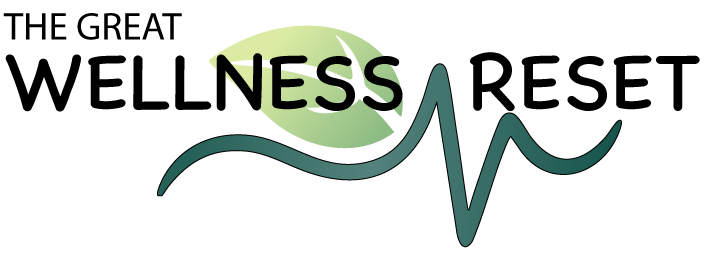
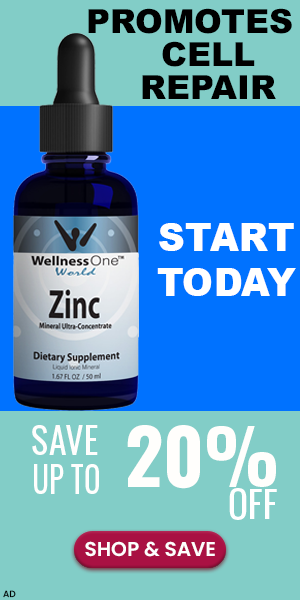
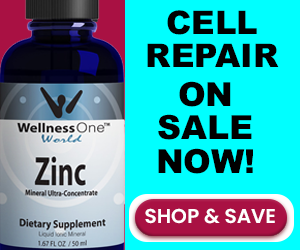


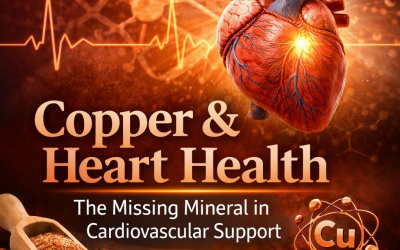

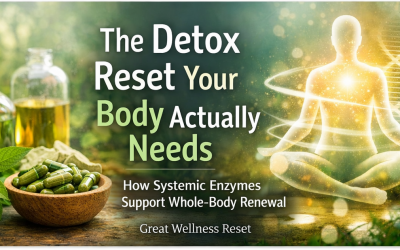
0 Comments